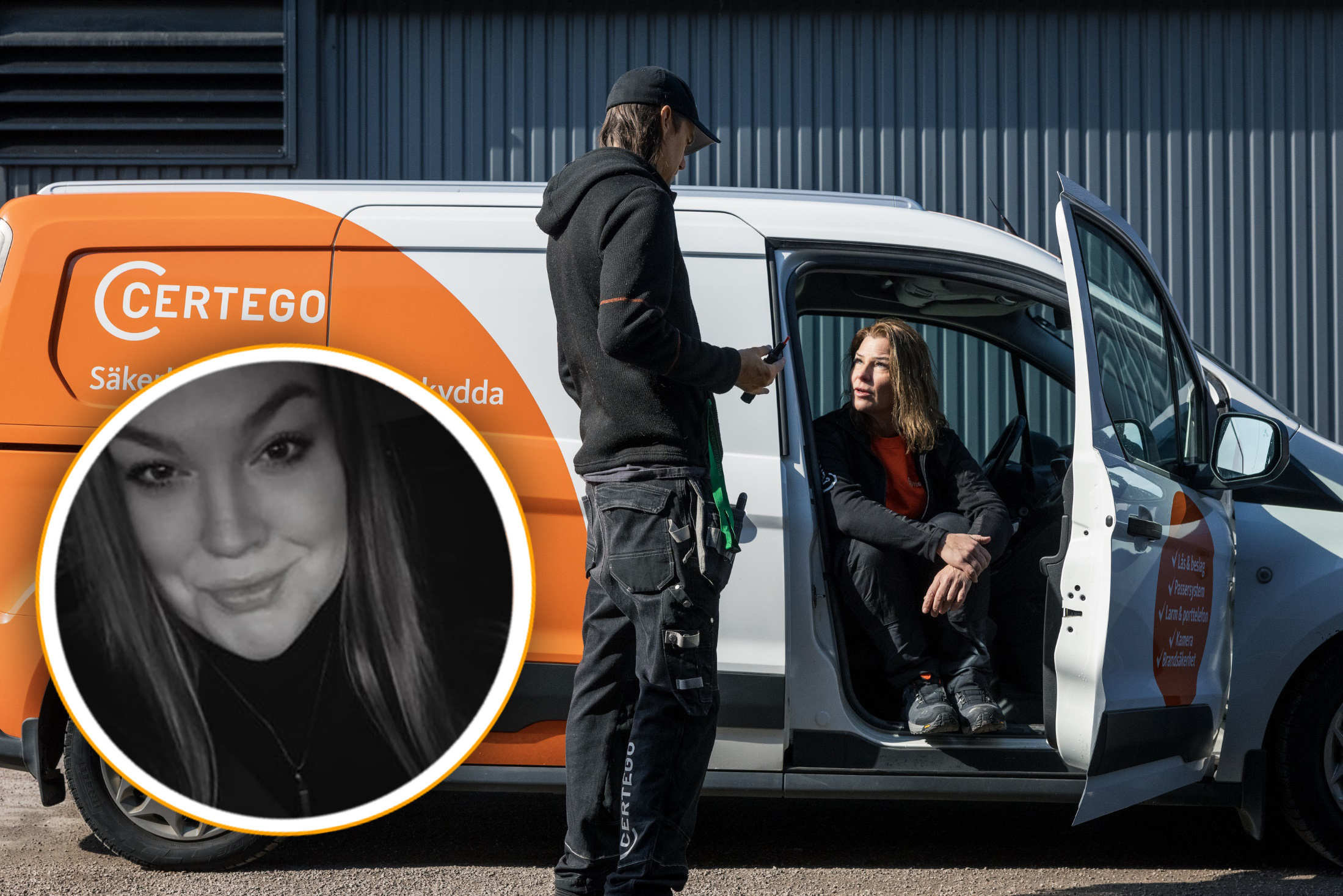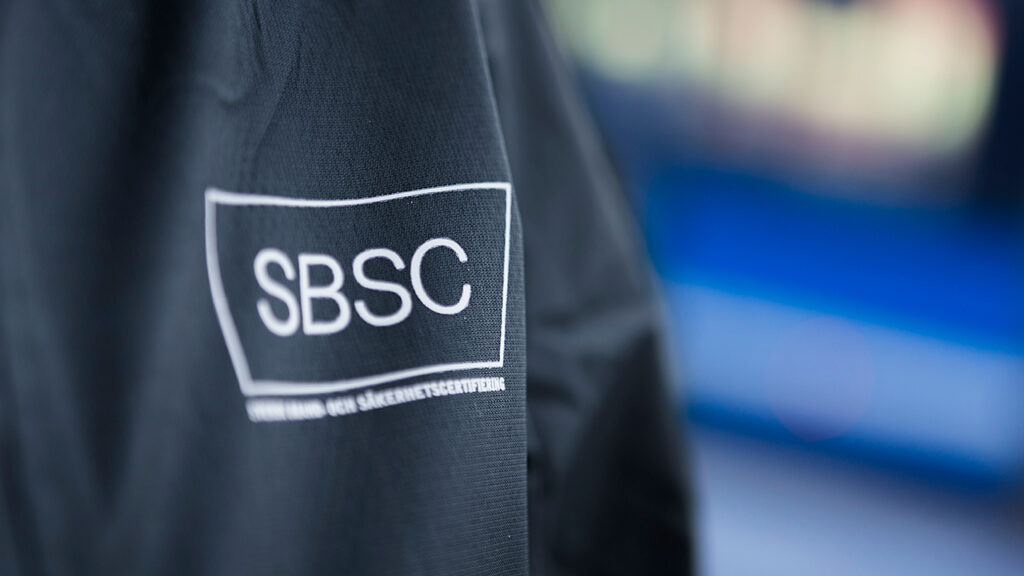 Foto: Certego & privat bild
Foto: Certego & privat bild
How did you wind up in the safety industry?
“While looking for work following graduation in 2011, I took on the temporary position in customer service and then ”got stuck” in the safety industry. After five years in customer service and technical support, I applied inside the company to advance my career in order to put my previous studies to use as an engineer/planner in the areas of HVAC and installation technology – and to develop as a person.”
Today, Therese holds SBSC certificates as a Certified Engineer in the areas of Intrusion Alarm Systems and CCTV.
Why did you choose to be certified by SBSC?
”I was awarded my first certification in Intruder Alarm Systems in April 2018. Management at my workplace at the time thought it was a good way to assure quality in design work and to develop me as a project planner. I was certified for CCTV in April 2021. The decision to get certified was natural given the fact that I was responsible for the installer company and, before that, was project principal for establishing the installer company in that area.”
Around the end of 2021/beginning of 2022, Therese took on her current position as unit manager for Certego’s domestic project planning and technical sales support at the Project Office for the Central Deliveries Unit.
What about your job is most fun?
“As unit manager, no day is like any other day, and you develop incredibly when working with people in this way. I enjoy coaching, managing and supporting my colleagues. My background in customer service and as a project planner has equipped me not only to understand and lend a hand, but to also take quick decisions, lead, and plan with a good overview of what’s going on. Because of my background, I understand how the team works and we frequently “speak the same language”. Getting together and acting as a solid sounding board for colleagues both on and off the team is important, and it also creates a sense of wellbeing for everyone. Irrespective of your role, learning something new – and always having something to learn – is a remarkably attractive aspect of working in the safety industry.”
The safety industry is largely dominated by men – but you were not intimidated by it. How do you think the industry can attract more women?
”Generally speaking, we see a need for more systems engineers, and this aspect alone is a challenge irrespective of gender issues. Attracting more women to the safety industry has definitely been confronted with challenges over the years, but I genuinely feel that the winds of change are blowing.”
Therese points out that the prevailing view is that it is the women in this field who automatically draw more women to the profession. It is easy to forget that it is not women alone who bear a responsibility for involving more women in the industry.
”I have had the good fortune of having both male and female role models in my life and throughout my career. But I have also come across men and women who were far from being supportive or inclusive. With that in mind, I believe that we should not look at ourselves in terms of male or female, irrespective of the workplace or industry involved. Instead, we must capitalize on the extraordinary skills which are available – regardless of gender.”
While the question asked how we can attract more women into the industry, Therese also shares what are, for her, two important aspects.
”First of all, it’s about informing and inspiring. Share the opportunities presented by the industry in order to stimulate interest and awareness. Participate in the classrooms of our schools and explain that knowledge and an interest in technology have nothing to do with whether you are male or female. The other aspect is to make way for another way of looking at role models for women. Both men and women can be role models, and the workplace support they provide is so incredibly valuable. I am convinced that – working together – we can open more doors and create a more multifaceted and inclusive future within the safety industry.”
Text: Lisa Heino


